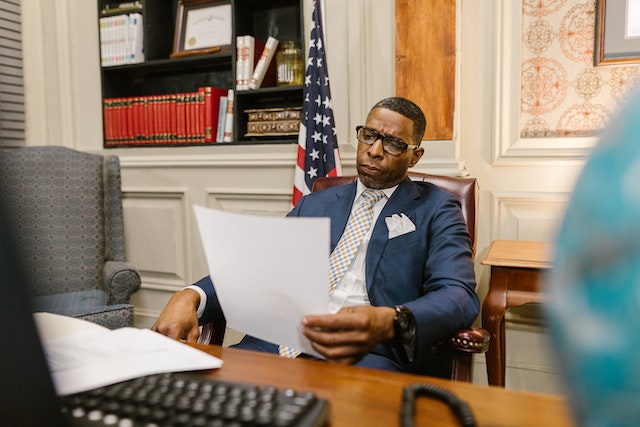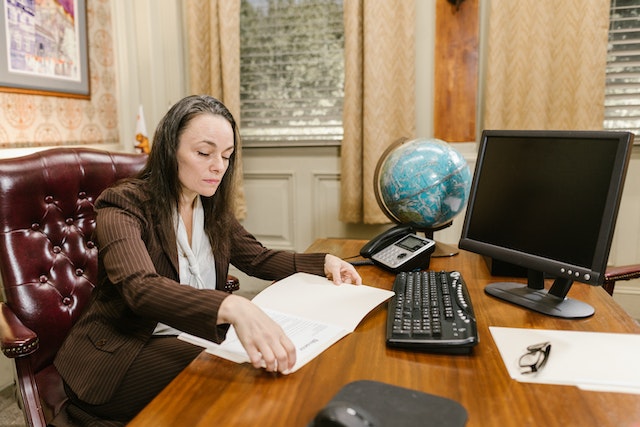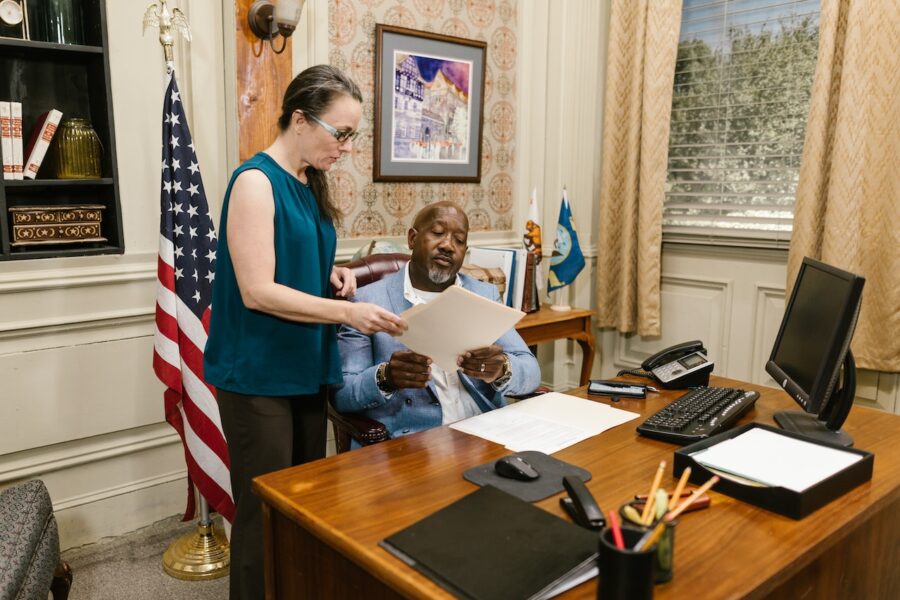In a courtroom, words hold immense power – they can shape narratives, sway opinions, and ultimately determine outcomes. But what happens when these words are spoken in rapid succession or become muddled by background noise? This is where legal transcription steps in as an unsung hero, ensuring that every word uttered during court proceedings is accurately documented with unwavering precision. If you want to know about court transcripts best advantages, just keep on reading. Join us as we explore how this meticulous process preserves the integrity of court testimonies and safeguards the principles upon which our legal system stands.
Accurate Documentation
In the realm of law, accuracy is of paramount importance. Every word spoken in a courtroom carries weight and can potentially impact someone’s life. That is why accurate documentation through legal transcription plays an indispensable role in preserving the integrity of court testimonies. When it comes to accurately transcribing court proceedings, attention to detail is key. Legal transcriptionists meticulously listen to recordings, ensuring that every word spoken by attorneys, witnesses, and judges is faithfully transcribed into written form. They leave no room for ambiguity or misinterpretation. Moreover, accurate documentation extends beyond simply capturing words on paper – it involves capturing nuances as well.

Clear Communication
When it comes to court testimonies, clear communication is paramount. Legal transcription plays a crucial role in preserving the integrity of these testimonies by ensuring that every word is accurately documented. Clear communication allows for transparency and understanding between all parties involved in a legal proceeding. It ensures that there are no misinterpretations or misunderstandings when it comes to important details and facts presented during testimony. By transcribing court proceedings, legal professionals can refer back to the transcripts whenever needed. This not only helps them prepare for future hearings or trials but also enables them to effectively communicate with their clients, opposing counsel, and judges.
Preservation of Evidence
Legal transcription plays a vital role in preserving evidence accurately. By transcribing court testimonies word-for-word, it ensures that every detail is captured and preserved for future reference. When witnesses testify during court proceedings, their statements are recorded verbatim by a trained transcriptionist. This not only includes what they say but also how they say it – their tone, pauses, and emphasis on certain words or phrases. Having an accurate transcript allows lawyers to review witness statements with precision. They can scrutinize every word used to ensure its validity and relevance to the case at hand. Additionally, legal professionals can easily cross-reference different testimonies for inconsistencies or contradictions.

Fidelity to Intent
Fidelity to intent is a crucial aspect of legal transcription that ensures the accuracy and integrity of court testimonies. When it comes to preserving the words spoken during a trial or hearing, the transcriber must capture not only what was said but also the intended meaning behind those words. In legal proceedings, every word matters. The way a question is phrased, or an answer is given can significantly impact the outcome of a case. A skilled legal transcriber understands this and strives to reflect the speaker’s intent in their transcription accurately. Transcribing with fidelity to intent requires more than just typing out words verbatim. It involves actively listening, deciphering nuances, and interpreting context.
So, let us recognize the power that lies within these humble documents—the power to uphold fairness, protect rights, and safeguard the principles upon which our legal system stands. Legal transcription may often go unnoticed or unacknowledged in its critical role in our society’s pursuit of justice; however, its impact reverberates throughout courtrooms across the globe. Let us appreciate those who diligently work behind closed doors to preserve the integrity of court testimonies—transcribing each word with unwavering dedication so that truth may prevail above all else.

